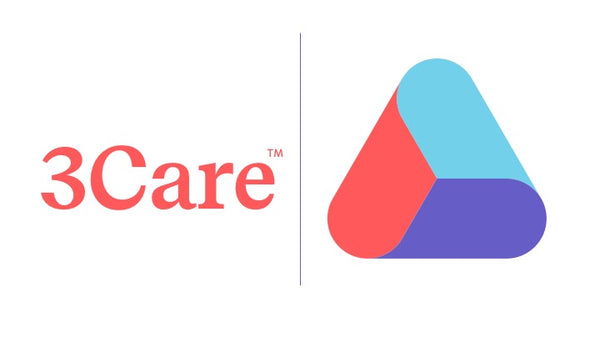As the title implies, “foundation” nutrition is the starting point of health, so care must be taken to choose wisely to ensure good health. Unfortunately, most of us today tend to make poor choices in favor of expediency, boredom or simple preference for sweet-tasting fast foods. Or sometimes we may be led to believe by advertising or slick marketing that a bowl of a breakfast cereal contains “all the vitamins and minerals we need for the day” when simply thinking about it for a minute would lead us to think that perhaps it isn’t as simple as that. Take a minute to read the label of most of the common breakfast cereals and you’ll likely find that one of the first two or three ingredients is sugar, and another is highly refined or processed flour or corn. That might make it shelf stable, but it doesn’t give it much real nutritional value beyond calories.
And just looking around us at the epidemic of obesity, type 2 diabetes and heart disease that are known to be lifestyle-related tells us that our choices do impact our health And diet plays a significant role, so choosing wisely is an important first step.
Fortunately, it isn’t that difficult to make wise choices. A few simple adjustments to our diet can go a long way toward building a better foundation. The author, scientist and lecturer Deanna Minich, PhD advises to “Eat a rainbow,” which translates into selecting from a wide variety of naturally colorful fruits and vegetables, since the compounds that give these foods their vibrant colors phytochemicals known as bioflavonoids, xeoxanthins, quinones and others. These literally thousands of naturally-occurring chemicals, which also provide foods with their rich diversity of flavors and smells, are being revealed to contain powerful health benefits as well. Unfortunately, they have been lost during processing in many of the “manufactured” foods of commerce, so it’s important to buy fresh, unprocessed, or organic fruits and vegetables in a wide variety of colors and flavors. Be creative! Another rule to eat by was coined by the author of the popular book “In Defense of Food,” Michael Pollan, when he said “Eat food, not too much, most plants.” To unpack it, he meant to stay away from highly processed foods, reduce total intake and try to consume most of your calories from non-animal sources.
What about specific diets? Some people try to eat one of the popular calorie-restricting diets named after a celebrity, or a vegetable-based diet while others go paleo or keto-based; are they successful? Unfortunately, while some people do well on each of these for a time studies have shown that most diets fail. This is because we humans are creatures of habit and view the diet as having a start and a finish; when the diet is over, we tend to right back to the same habits that got us in the fix in the first place, and in a few months we’ve gained back the weight and more besides. Unless we change our relationship to the food we eat (which is much harder than it sounds!) we won’t have changed anything.
So what type of diets do work? Food choices that seem related to the best health outcomes, according to a great deal of research, is the Mediterranean diet. This includes lots of vegetables, fruits, olive oil and omega-3 rich oils from seafoods and relatively low consumption of animal fats.
What about taking a supplement like a multiple? If I’m eating a healthy diet, surely I’m getting everything I need, right?
Actually, not necessarily. There’s good research now to support the value of taking a multiple vitamin-mineral supplement to help round out a diet. Several reasons help us to see the value here; first, no matter how careful we may be, we just don’t always choose well. We get busy, we forget, or something else prevents us from making good choices. Other factors may be harder to overcome: our soil has become increasingly depleted due to “overfarming” or use of NPK fertilizers (fertilizers that don’t fully replace all the natural compounds in the soil), so that even if we buy fresh fruit and vegetables, they may not contain the same level of those compounds mentioned earlier that carry health benefits that our parents or grandparents consumed. Or we get into a rut and don’t select as wide a variety of different colors or flavors as we could, and miss out on some of the many thousands of phytonutrients our ancestors consumed.
For these and other reasons, it just makes good sense to regularly take a good, well-balanced multiple vitamin-mineral supplement, rich in phytonutrients, in addition to making every effort to eating a well-balanced, highly diverse diet, rich in fruits and vegetables and low in refined foods and animal fats. And you should look for “accessory” nutrients as well; compounds that support the function of vitamins and minerals in the body but are not themselves vitamins. Things like bioflavonoids, quercetin, Co-enzyme Q 10 and others may also be beneficial.
